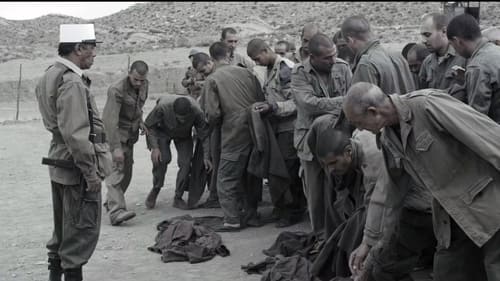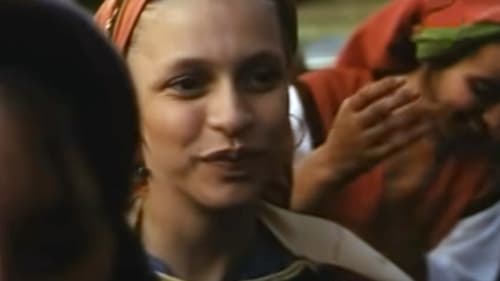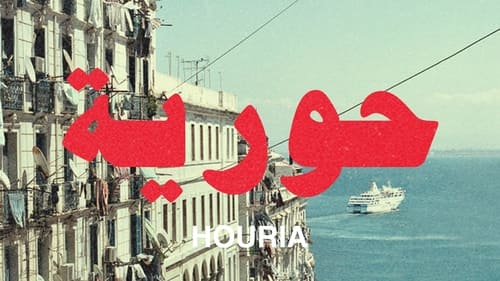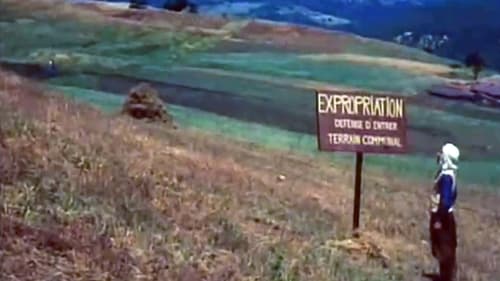
Sound
The city of Lambèse is the scene of torture, both physical and moral, for the resistance fighters of the Algerian War. In the form of a fictional account adapted from the novel "Le camp" by Abdelhamid Benzine, the conditions in the special camps of the colonial army, where we accompany a group of detainees, in their daily life animated by violence are depicted. are former Nazi officers, whose mission is to abandon all resistance, and all ideological faith, through humiliation and drudgery.

Sound

Sound
Mehdi is an algérien writer that fundamentalist violence has transformed into a potential target. How to live with fear when everything is fear. But also life. Facing Mehdi is Ania, an algerian-born Frenchwoman, the woman next door. She often appears at her window on the court. A disturbing vis-à-vis. Ania will unceasingly try to convert this man to the culture of life, to burning passion. By bringing him tea regularly, risking to often find the door closed...

Sound
In Kabylie, rude mountain region in the north of Algeria. Arezki finds the young Larbi exhausted, buried under the snow. He takes him in and nurses him until he's recovered. The host seduces Arezki's daughter. She is pregnant. This is an unsupportable shame to the father of the female sinner. Arezki claims vengeance. He leaves his house and takes the oath not to come back before having killed Larbi who betrayed him under his own roof.

Sound

Sound
Nine people with Abdullah Le Clandestin (Illegal Taxi), in one car, on the way to Algiers.

Sound
Directed by Sid Ali Mazif.

Sound
Farouk Beloufa's only directorial endeavor follows the life of a group of leftist friends in West Beirut in the early 1970s. Coupled with its exploration of war through photography and cinematography, Nahla is a love story starring the glamorous Yasmine Khlat and featuring a soundtrack composed by Ziad Rahbani.

Sound Engineer
In 1880, in colonized Algeria, it was decided that the Algerian peasants of the Ouarsenis mountains would see their lands dispossessed in favor of the French colonists. Two methods were used to achieve this, either by sheer force or by a ploy forcing the fellahs to pay fines too high to be paid. The uprooted must then leave for the cities, swelling the mass of proletarians in the slums ...

Sound
The story of Algerian women trying to live in 1970s Algeria where the society is between conservative values and progressive modern Algeria.

Sound
In this Andre Gide adaptation, an activist is released after many years in prison and returns home, shaking up established relationships among his family members at the farm governed by his strict father. Demonstrating Chahine’s eclecticism, this is an elegant melodrama, exuberant musical, layered allegory, and profound portrait of personal and political disillusionment.

Sound
A watershed film, Omar Gatlato held a mirror up to Algerian male culture and the mirror cracked. The title refers to the expression "gatlato al-rujula," or, roughly, "machismo killed him" and the film's mordant insights into male posturing and alienation in Algerian society animate this bit of folk wisdom. In mock documentary style, a young man recounts with wry commentary a typical day in his life in the Bab el-Oued quarter of Algiers, while the camera playfully shows a different story. In following Omar and his friends in their pursuit of happiness, the film examines with shrewd humor the gang values of urban youth; their passion for popular culture (soccer, "Hindoo" movies, Rai concerts), their hidden fear of women, and their social insecurity in an environment where they are marginalized.







